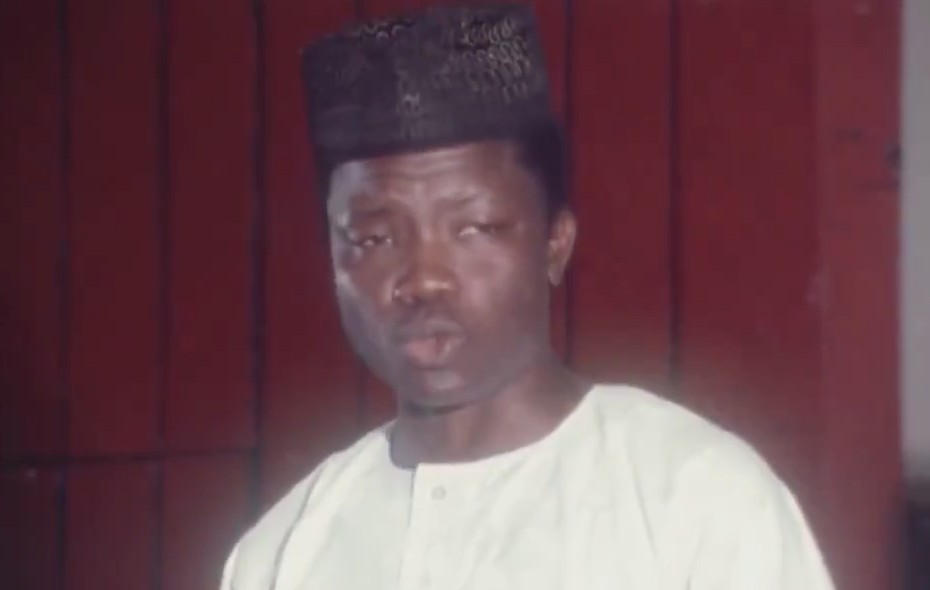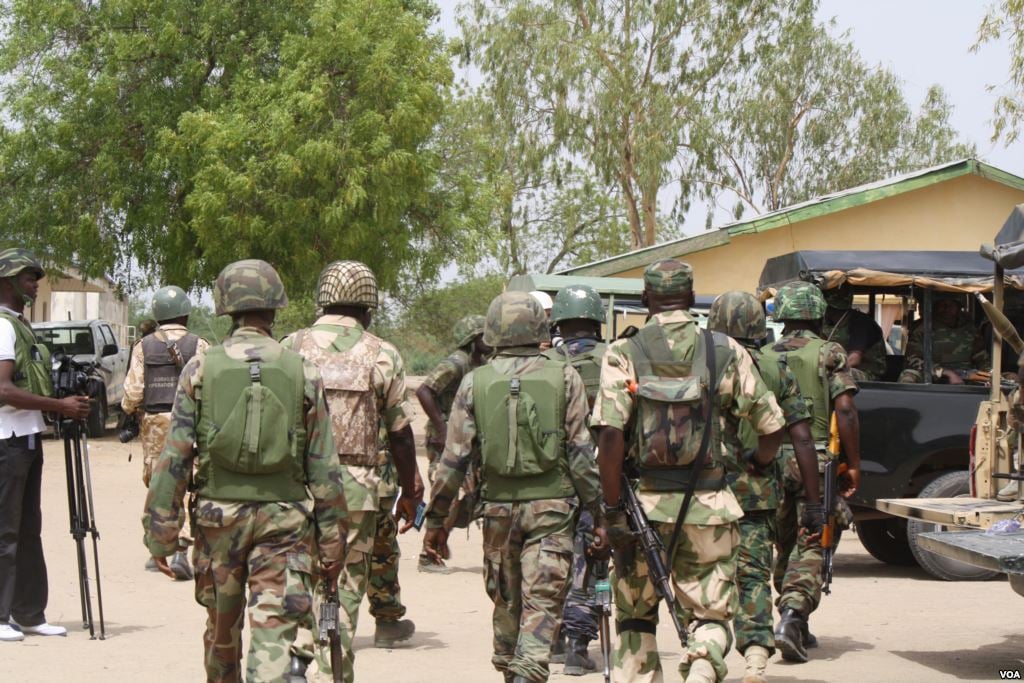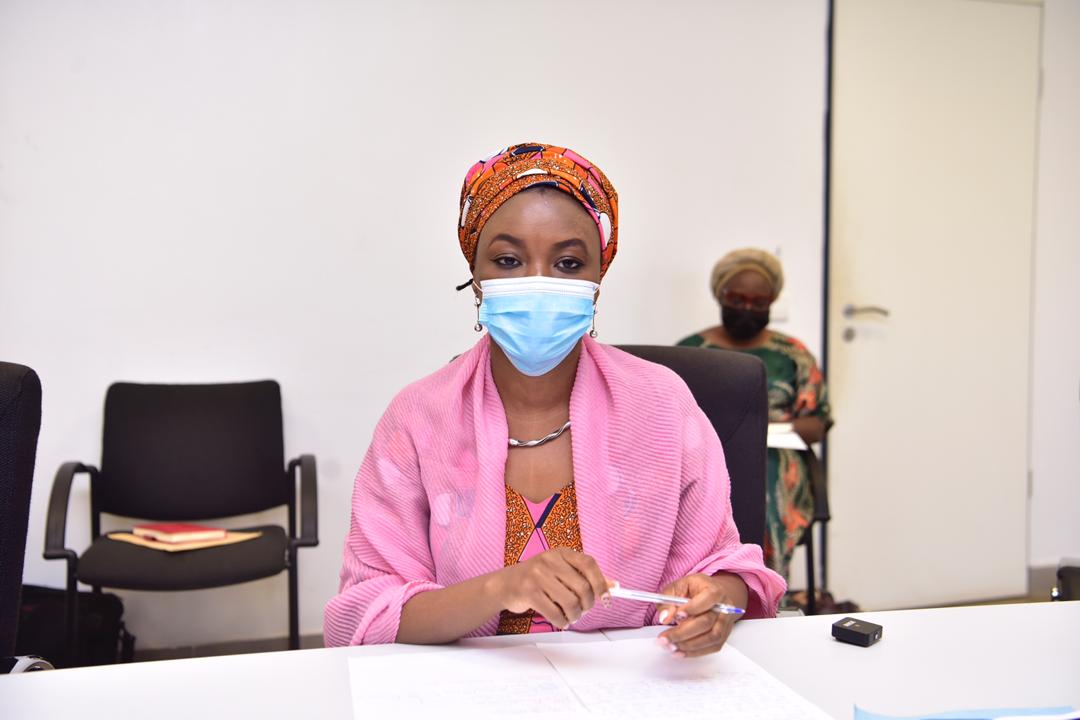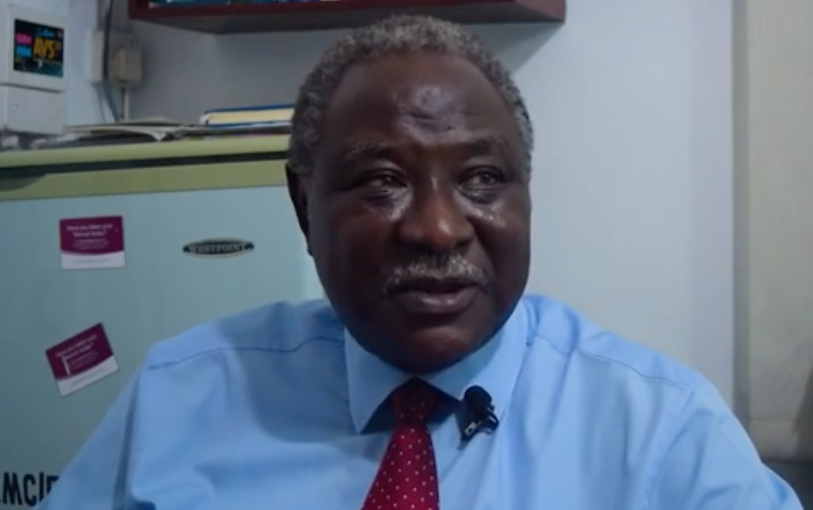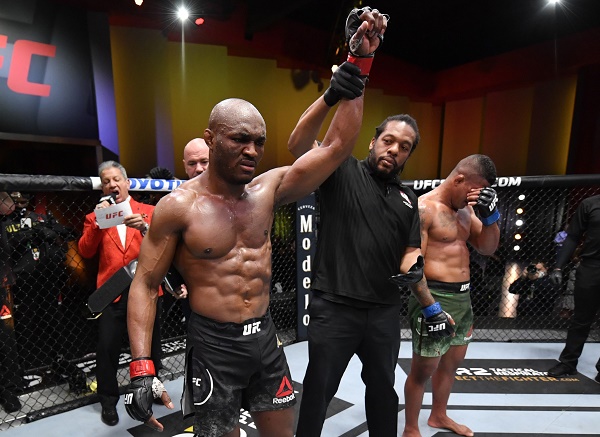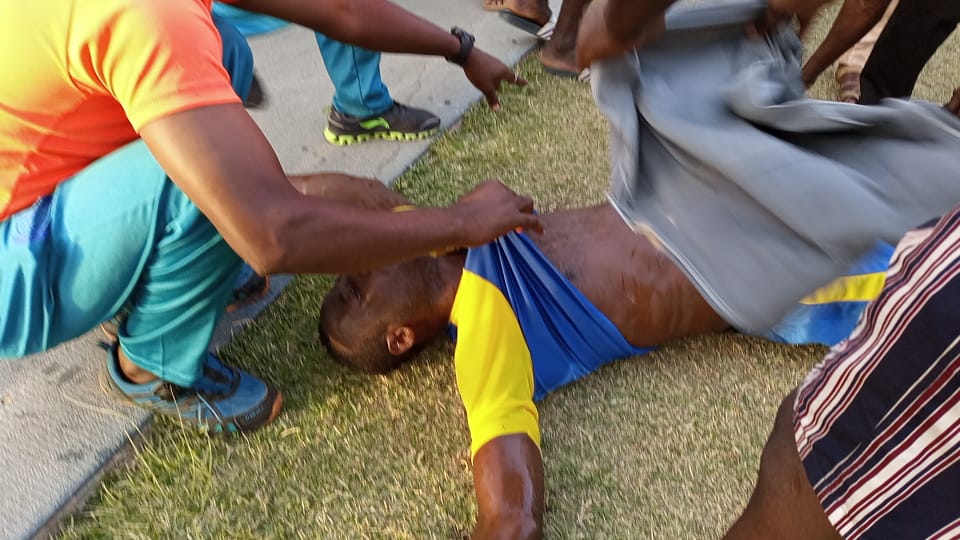You won’t believe this. As the Lagos state governor-elect in 1979, Alhaji Lateef Kayode Jakande was so much in a hurry to hit the ground running that he appealed to all headmasters and principals not to demand or accept fees for the new academic session starting in September – in line with the free education policy of Chief Obafemi Awolowo’s Unity Party of Nigeria (UPN). But there was a snag: he was going to be inaugurated on October 1, by which time schools would have resumed. Navy Captain Ebitu Ukiwe, then-military governor of the state, had to politely remind Jakande that he remained the de facto governor till October 1 – and there could only be one governor at a time!
Jakande genuinely wanted to serve. He desired to better the lives of the people of Lagos, the nation’s seat of power then. He had a dream – which did not include primitive accumulation of obscene wealth. He had a plan – which was not about personal aggrandisement. He was a journalist, an accomplished one at that, but he was not planning on using the power of the media to promote self-hagiography. He wanted to work. He put his dream into a plan, turned his plan into action, and, in no time, he became the darling of the people. In four years, Jakande was indisputably the star among the 19 state governors, appropriately nicknamed “Action Governor”. He was authentic.
How did Jakande do it? He got his priorities right. You can never be wrong when your motive is pure: to serve the people, to make their world a better place. For a man who did not attend a university or school abroad like his contemporaries – but rose to the very top of his profession – he was very clear that education was the key to development. He inherited a dilapidated education system, evident in inadequate classroom infrastructure and shortage of personnel. Schools were run in morning and afternoon shifts to ration resources. Many students would hawk in traffic all morning and go to school in the afternoon, sweaty and tired, to learn Pythagoras Theorem. That was wicked!
What did Jakande do? He used his brain. With little money (he said Ukiwe told him Lagos was surviving on federal bail-outs), he adopted a short- and medium-term approach. He built temporary sheds to accommodate all students in the morning. Within a year, he had added over 10,000 classrooms, catering for a maximum of 40 students per class. Opposition politicians ridiculed the sheds as “poultry classrooms”. In the medium term, he built permanent structures, many of them three-storey classrooms. In all, he added over 22,000 classrooms to what he met. By 1983, Jakande had created more than 200 new primary schools and doubled the number of secondary schools.
Advertisement
Also, he raised the teaching capacity by investing in training and expanding the Lagos State College of Education (now renamed after his opponent in the 1979 governorship election, Chief Adeniran Ogunsanya, a former commissioner for education in the state). His critics ate their words as enrolment and attendance soared and results improved. Lagos state soon became a shining example in education. As Mallam Bolaji Abdullahi, former minister of sports and one-time Kwara state commissioner for education, would say: a classroom can look like a five-star hotel but with zero knowledge input – it is the quality of instruction that matters. Jakande proved this to the cynics.
What do the people need? Good healthcare. Jakande built hospitals and health centres all over the state. Medical care was free, as promised by the UPN. A living witness is my senior colleague, Comrade Kayode Komolafe, deputy MD of THISDAY, who survived a horrific car accident in February 1984 and was unconscious for two weeks. He narrated this to me a few years ago: “Without the free healthcare, I would have died! We were still enjoying free healthcare weeks after the military coup. They later said there was no money and scrapped it. For the three months that I was being moved in ambulances from one hospital to the other, I did not pay one kobo.” That was then, comrade.
What do the people need? Shelter. Perhaps one legacy that many easily remember Jakande for was his massive housing project. The low-income estates are still standing all over the state. He delivered 21,000 housing units and 18 housing estates within four years. But that is not the whole story. The real gist was: those who bought the houses did not have to know the governor or any commissioner. All they did was buy the lottery tickets. The houses were sold through an evidently transparent process. You didn’t need to know anybody. One of my current colleagues told me she benefitted from the scheme. Imagine the housing crisis in Lagos without those Jakande estates today!
Advertisement
Yet, for all his undisputed and celebrated achievements as governor – which earned him the endorsement of many as “Baba Kekere” (“Mini Awolowo”, if you will) – Jakande lost to Maj. Gen Shehu Musa Yar’Adua in the Lagos leg of the staggered presidential primary of the Social Democratic Party (SDP) in 1992. I was not expecting him to win the SDP ticket (you certainly needed more than Lagos and even the entire south-west to do that) but it was scandalous that his party members in Lagos did not deem it fit to vote for him. I wouldn’t pick Yar’Adua ahead of Jakande any day, even if I was half-asleep. That was when I began to question the place of merit in Nigerian politics.
Jakande was so shocked at the outcome that he, rather petulantly, challenged Yar’Adua to a popularity walk on the streets of Lagos. Yar’Adua replied in kind, asking Jakande to, instead, engage the Lagos young guns of his political movement in the street contest. The young guns were Yomi Edu and Dapo Sarumi, who drove the Yar’Adua machinery, the Peoples Democratic Movement (PDM), in the state. I must confess that a part of me still loved the romantic story – that a Fulani came all the way from Katsina to defeat a Yoruba in Lagos and another Yoruba aspirant, Chief Layi Balogun, in his home state, Oyo. It was good for the headlines and advanced the cause of national integration.
Jakande’s next political adventure was a nightmare. In fact, it diminished him and he never really recovered from it. He served in the cabinet of Gen Sani Abacha, who came to power after the annulment of June 12, 1993 presidential election won by Bashorun MKO Abiola. As Abacha unleashed mayhem on the south-west following opposition to his government and unrelenting calls for the de-annulment of June 12, Yoruba activists asked their kinsmen in the cabinet to resign. Jakande, who was minister of works, refused. Others, including Chief Ebenezer Babatope and Chief Olu Onagoruwa, also stayed put. That was how they were classified as outcasts and betrayers.
Yet, there was a back story – and this is hardly retold these days. The decision of Abiola’s camp to serve in Abacha’s cabinet was collective, based on the ridiculous assumption that Abacha would hand over to Abiola on April 1, 1994. Abacha clearly made a fool of them. More so, Abacha was already in a killer mood when Abiola’s associates were being asked to resign. Abacha’s men were throwing bombs and assassinating people everywhere. Onagoruwa, his attorney-general who disowned some decrees that had ouster clauses, was sacked. His son, Toyin, was assassinated. Several people were assassinated. Many June 12 activists had to flee the country.
Advertisement
An amazing thing about Jakande was that all his accomplishments were in four years. You see, if you are good, you are good. You don’t need a million years to make a difference. Awolowo was deified based on what he did as premier of Western region from 1952 to 1959. The rest was bonus. I also want to point out that the Three Titans – Dr Nnamdi Azikiwe, Sir Ahmadu Bello and Awo – overshadowed other performers in public office. By all accounts, Sir Michael Okpara did very well as premier of Eastern region from 1959-1966, just as Audu Bako, a police officer, was great as governor of Kano state from 1967-1975. But the Titans remain the Titans. You can’t begrudge them.
I will forever celebrate Jakande as a selfless leader who used the resources of Lagos state to care for the masses through programmes and projects that we could see and feel; who revamped a collapsing education sector; who opened up the state for physical development with key initiatives in housing and road infrastructure; who executed water projects to cater for millions; who expanded markets to boost the retail economy; who envisioned the metroline project that would have saved Lagosians from transportation headaches today; and who lived in his modest house in Ilupeju right from before he became governor in 1979 till his death on Thursday at 91. Sun re, Baba Kekere!
AND FOUR OTHER THINGS…
HERDERS AND HARDLINERS
It appears we are finally trying to take ourselves seriously over the menace of the herders. I am seeing movements up and down and what appears to be a concrete attempt at stemming a certain slide into anarchy, amidst rising ethnic tensions in this fragile country. I am also seeing some hardliners finally accepting or promoting the idea of ranching. It is sad that it took us this long to come to our senses. Still, I would like to warn that ranching will not end the insecurity. There is the menace of herders that can be addressed through ranching – but there is also the menace of criminal networks of kidnappers that ranching will not resolve. It is not just the herders. Deeper.
Advertisement
LEKKI AGAIN
I was really worried ahead of the planned protests at Lekki Toll Plaza, the epicentre of the End SARS agitation of 2020, on Saturday. I am not usually worried about peaceful protests. They are integral to building and sustaining a democratic culture. It is the potential for hijack that scares me, as we saw in the mayhem that followed the otherwise peaceful protests last year. I do not see Lagos state recovering from the ensuing destruction in the next five years; the material losses were enormous. The deaths are irreparable. Whatever issues are causing new tensions should be addressed. The law courts, it has to be said, are an important part of democracy and should also be explored. Options.
Advertisement
MAINA SERIES
Have you seen it all? No, you haven’t. After Abdulrasheed Maina, the former pensions task force boss, had displayed all the drama in this world – running away from the country twice in the two acts – in his trial over allegations of fraud, his son, Faisal, has pulled another one on the country. Having refused to attend trial since November last year, Faisal has now reportedly fled to the US – even though his Nigerian and American passports are in the custody of the Nigerian government. How did he do that? Hon. Sani Umar Dangaladima, member of the house of representatives, who stood as surety for Faisal, has forfeited his property estimated at N60 million as a result. Nigeria!
Advertisement
CELEBRATING SOFOLUWE
Yisa Sofoluwe, former Super Eagles’ defender, died on Tuesday after an illness. He was just 53. Sofoluwe – nicknamed ‘Dean of Defence’ by the inimitable commentator, late Ernest Okonkwo – was one of my favourite defenders, even though he played for a rival club, Abiola Babes (I was a fierce supporter of Leventis United FC, the only club I ever supported wholeheartedly). For all his talent, he never played abroad. In 1988, a conman, purporting to have a note from John Fashanu inviting Sofoluwe for trial with an English club, duped the right-footer. He returned to Nigeria completely embarrassed. He was a humble and quiet man who served the country diligently. Adieu.
Advertisement
Add a comment

